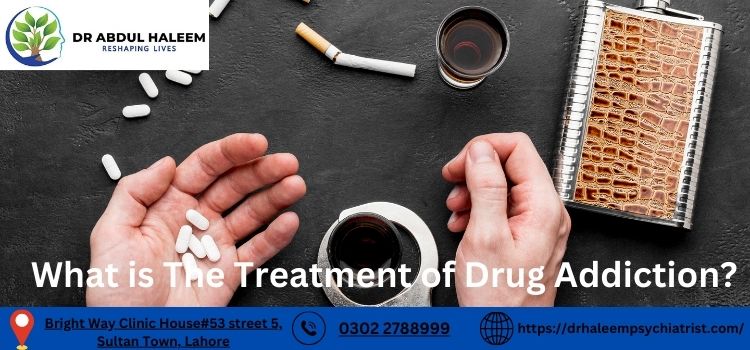
Depression can be daunting and difficult to cope with on a daily basis, but understanding what may have caused it can help you find the best way to manage your mental health. There are many potential causes of depression, but generally they all fall into four main categories: biological factors, psychological factors, social factors and lifestyle choices.
Today, we’ll take an in-depth look at these four main sources of depression so that you’ll be more informed and empowered when it comes to managing your own mental health.
What do you know about Depression?
Depression is a disorder characterized by persistent feelings of sadness and loss of interest in activities or hobbies that once brought pleasure. It can also be accompanied by low energy, difficulty concentrating, changes in appetite, insomnia or oversleeping, physical aches and pains and even suicidal thoughts.
Depression affects millions of people worldwide and can manifest differently in each individual. Many factors can contribute to depression, from genetic and environmental influences to lifestyle choices and personal factors.
Symptoms of depression:
The symptoms of depression can vary greatly from person to person, but common signs include feelings of sadness, hopelessness and despair; lack of energy and motivation; difficulty concentrating; changes in appetite or weight; insomnia or oversleeping; physical aches and pains (such as headaches); and thoughts of suicide.
If you have any of these symptoms for two weeks or more, it’s important to seek medical help. A doctor can diagnose depression and suggest the most effective treatment plan for you.
Causes of depression:
Now that we have a better understanding of what depression is, let’s take a closer look at the four main causes of depression: biological factors, psychological factors, social factors and lifestyle choices.
Biological Factors:
The biological causes of depression include chemical imbalances in the brain, genetics, hormones, medical conditions and changes in brain structure or function. Neurotransmitters like serotonin, dopamine and norepinephrine are involved in regulating mood, emotions, sleep and appetite. When these neurotransmitters become imbalanced due to a medical condition or genetic disorder, it can lead to depression symptoms.
Psychological Factors:
Depression can also stem from psychological factors such as unresolved trauma, stress, grief or long-term conflict with a loved one. Low self-esteem, poor coping skills and other negative thought patterns can contribute to psychological depression as well. People who lack social support or have difficulty expressing their emotions due to life circumstances may also be at greater risk for developing depression.
Social Factors:
The social factors associated with depression include poverty, unemployment, the death of a loved one, physical or emotional abuse, neglect and other forms of trauma. Social isolation due to relocation, illness or disability can also be a contributing factor.
Lifestyle Choices:
Finally, lifestyle choices play an important role in depression development. Poor diet and nutrition, lack of exercise, substance abuse and excessive stress can all contribute to depression. Additionally, people who engage in impulsive or risky behaviors such as gambling and overspending may be more likely to experience depression.
Conclusion:
Depression is a complex disorder that usually involves a combination of biological, psychological, social and lifestyle factors. Understanding the potential causes of your depression can help you take steps to manage your mental health in a more effective and holistic way. If you think that depression might be affecting your life, it’s important to speak with Dr Abdul Haleem about the best treatment options for your specific situation. With the right kind of help and support, you can start feeling better and gain control over your mental health.


